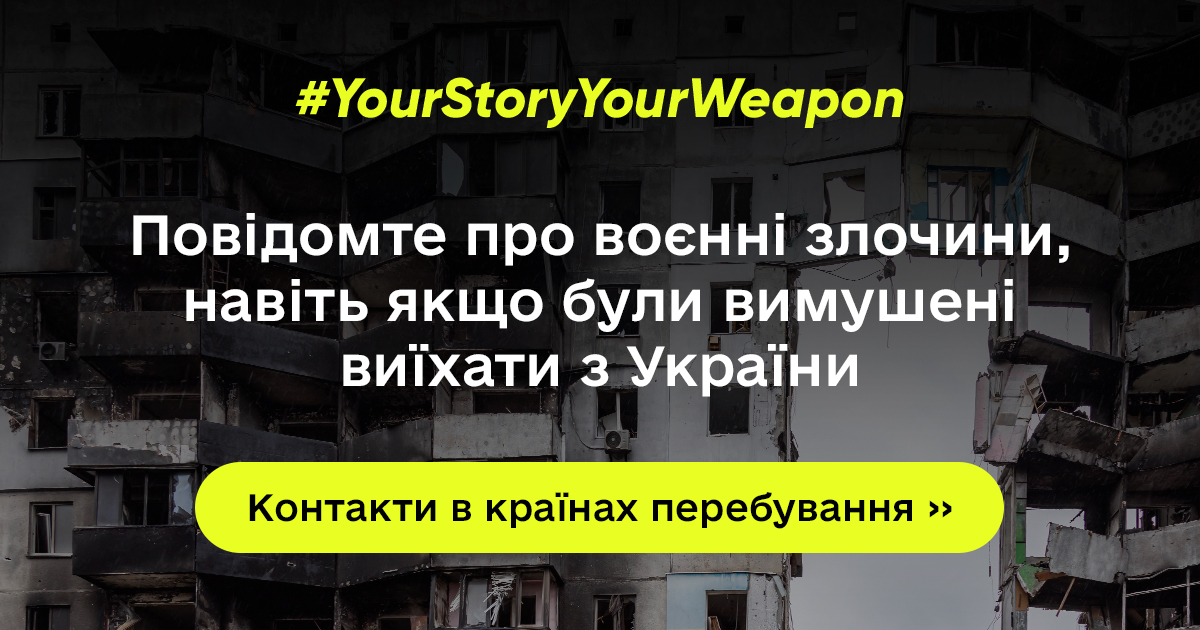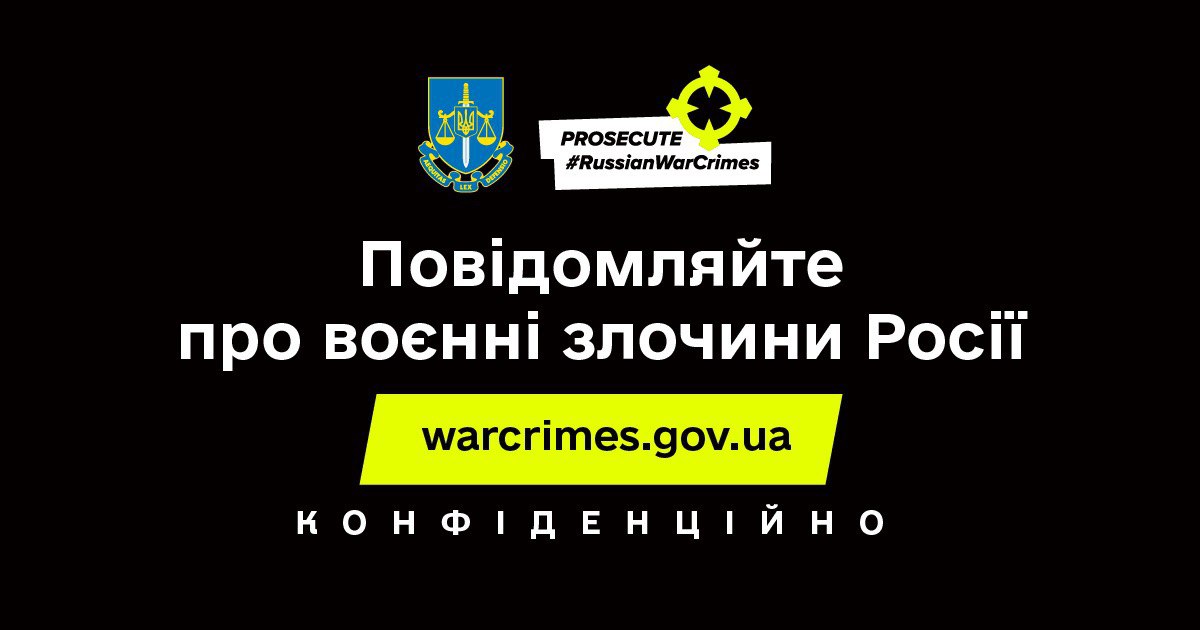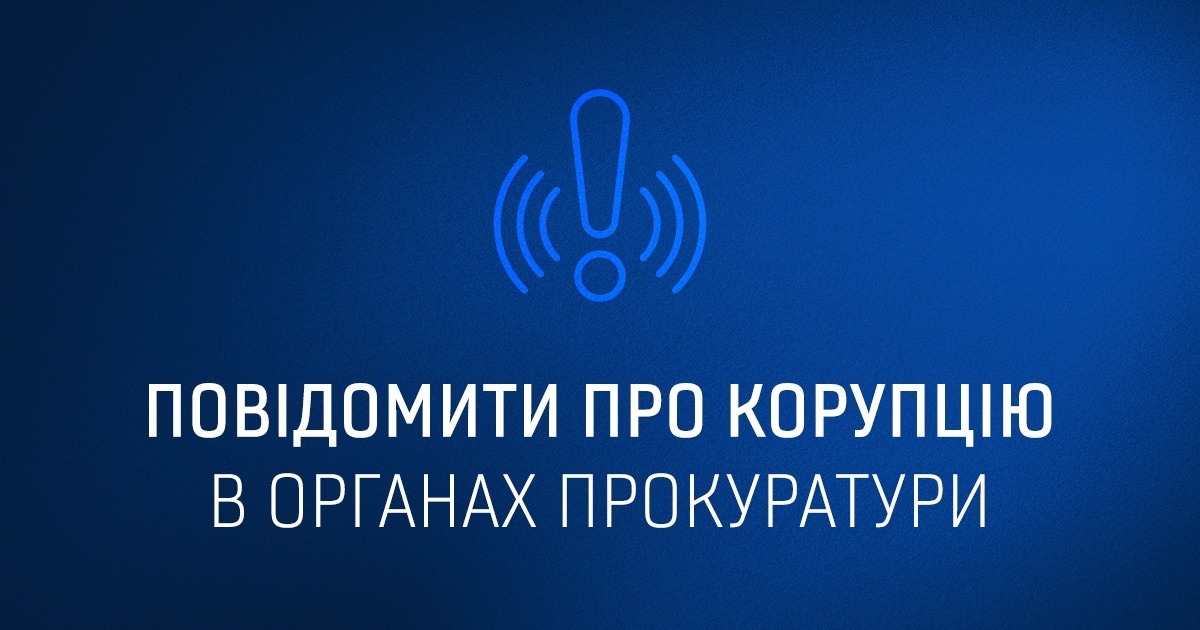- News
-
About the Prosecutor's Office
- Leadership
- General Information
- Legal grounds for activity
- Symbolism of the Office of the Prosecutor General
-
About the Office
- Order of the Attorney General "On the Day of the Start of Work of the Office of the Attorney General"
- Structure of the Office of the Attorney General
- Anti-corruption programs of the Office of the Prosecutor General
- Budget reporting
- Financial reporting
- Internal Audit
- Public procurement
- International technical assistance
- Structure, principles of formation, and size of remuneration for management
- Property
- Barrier-free space
- Prosecutorial self-governance
- History of the Prosecutor's Office
- Qualification and Disciplinary Commission of Prosecutors
-
To the employees of the prosecutor's office
- Access to the State Register of Legal Entities
- Prosecutorial ethics
- Primary trade union organization of the employees of the Office of the Prosecutor General
- Children's room
- Certification
- Methodological support for prosecutorial activities
- Professional development of prosecutors
- Energy efficiency and energy conservation
- Enhancing the level of professional competence of civil servants and evaluating the results of their official activities
- Submit the prosecutor's integrity declaration
- Information on preventing corruption and misconduct in the prosecution authorities
- Personnel reserve
-
Activity
-
Statistics
- About the work of the prosecutor's offices
- About registered criminal offenses and the results of their pre-trial investigation
- On criminal offenses committed at enterprises, institutions, organizations, by types of economic activity
- About the results of the fight against organized groups and criminal organizations
- About the work of the investigative bodies of the prosecutor's office (2011-2019)
- On the counteraction to the legalization of income obtained through criminal means (2011-2019)
- About individuals who have committed criminal offenses
- On the results of the investigation of criminal proceedings regarding criminal offenses related to the legalization (laundering) of property obtained by criminal means, financing of terrorism, and the proliferation of weapons of mass destruction.
- On the results of the activities of law enforcement agencies regarding the state of prevention and counteraction to offenses related to domestic violence.
- About the work of pre-trial investigation bodies
- Functions of the Prosecutor's Office
- Results of work in specific areas of prosecutorial activity
- International Cooperation
- Vision, mission, values of the prosecutor's office activities
- Interaction with civil society
-
Statistics
- Citizens
- Contacts
- Summons notifications
Контраст
Шрифт
Сховати налаштування


















